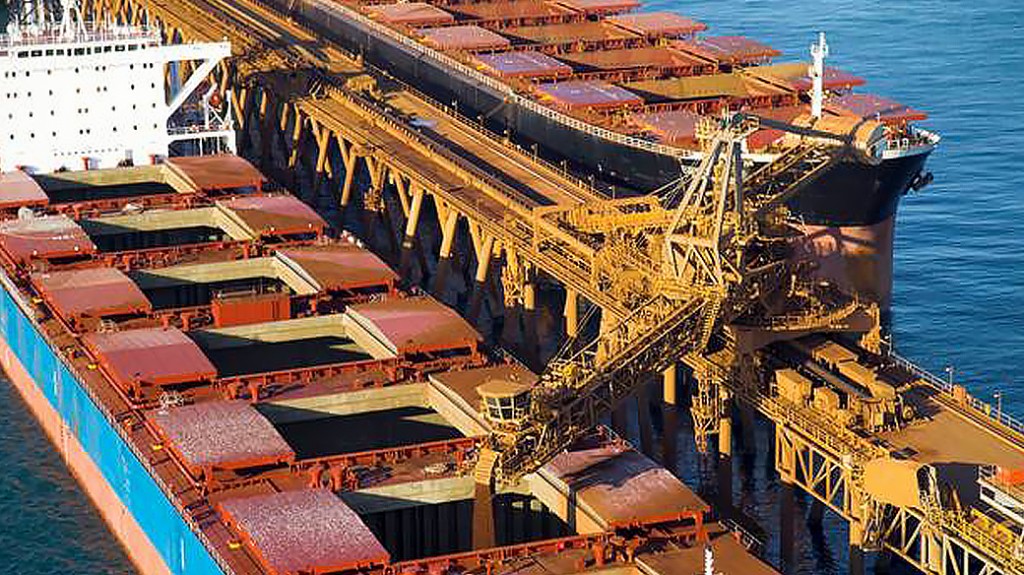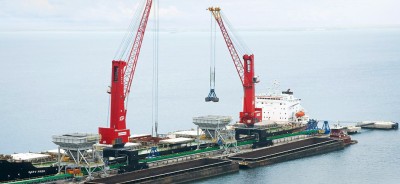Dry Bulk Shipping Market Making Improvements Despite Persistent Challenges, says Shipowner
Bancosta says dry bulk shipowners have experienced “slight” market improvement this summer.
Italian shipbroker Banchero Costa (Bancosta) says dry bulk shipowners experienced a modest comeback this summer, citing slowing growth of the global dry bulk fleet and June’s increased demand for dry commodities, Platts reports. Freight rate improvement this summer is said to have been particularly strong for supramaxes and panamaxes thanks to a large grain harvest in South America. Bancosta says increased dry bulk vessel scraping during the first half of 2015 has provided “some light at the end of the tunnel,” although the sector is said to remain “significantly over supplied.”
The shipbroker says it noted 283 ship demolitions during the first seven months of 2015, including 77 capesize vessels, 52 panamaxes, 49 supramaxes, and 100 handysize vessels, a total of 21.8 million DWT and 157 percent year-over-year increase. Not only has scrapping increased, but new vessel orders have slowed down “considerably” as well, with only 183 new ships ordered from January to July, a 74 percent year-over-year decrease.
However, Bancosta insists that dry bulk vessel owners are not yet in the clear in terms of balance between the supply of ships and dry bulk demand, noting that “improving rates and falling scrap prices may see the number of vessels sent for scrap decrease,” while new build deliveries remain high. The global dry bulk fleet is reportedly expected to see 2 percent growth in 2015, an estimated 5 percent during 2016, and 2 percent in 2017, although these rates are still said to be below growth rates of 17 percent, 14 percent, and 11 percent seen in 2010, 2011, and 2012, respectively.
Earlier this week Ship & Bunker reported a new survey showed 73 percent of dry bulk shipowners expect the sector’s recovery to be at least three years away.
[Retrieved from : Ship & Bunker News Team]


